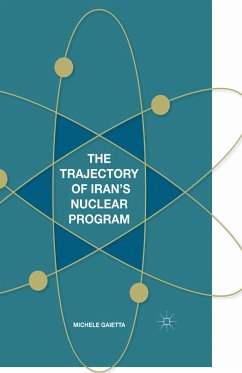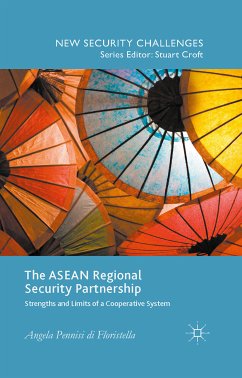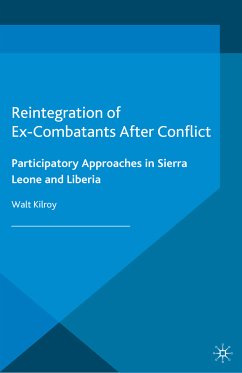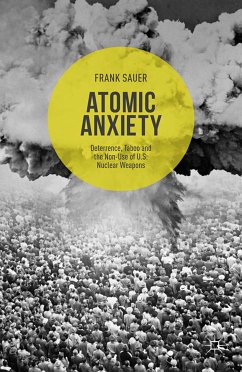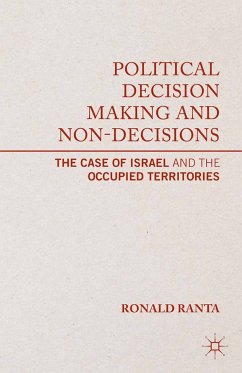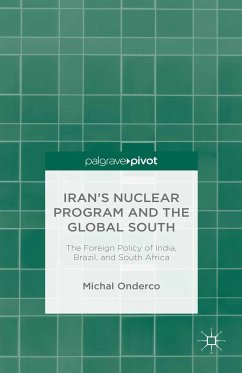
Iran's Nuclear Program and the Global South (eBook, PDF)
The Foreign Policy of India, Brazil, and South Africa
Versandkostenfrei!
Sofort per Download lieferbar
40,95 €
inkl. MwSt.
Weitere Ausgaben:

PAYBACK Punkte
20 °P sammeln!
This book studies the reactions of India, Brazil, and South Africa the three main non-proliferation actors of the Global South to Iran's nuclear program. Their responses are explained and situated in wider foreign policy context.
Dieser Download kann aus rechtlichen Gründen nur mit Rechnungsadresse in A, B, BG, CY, CZ, D, DK, EW, E, FIN, F, GR, HR, H, IRL, I, LT, L, LR, M, NL, PL, P, R, S, SLO, SK ausgeliefert werden.



